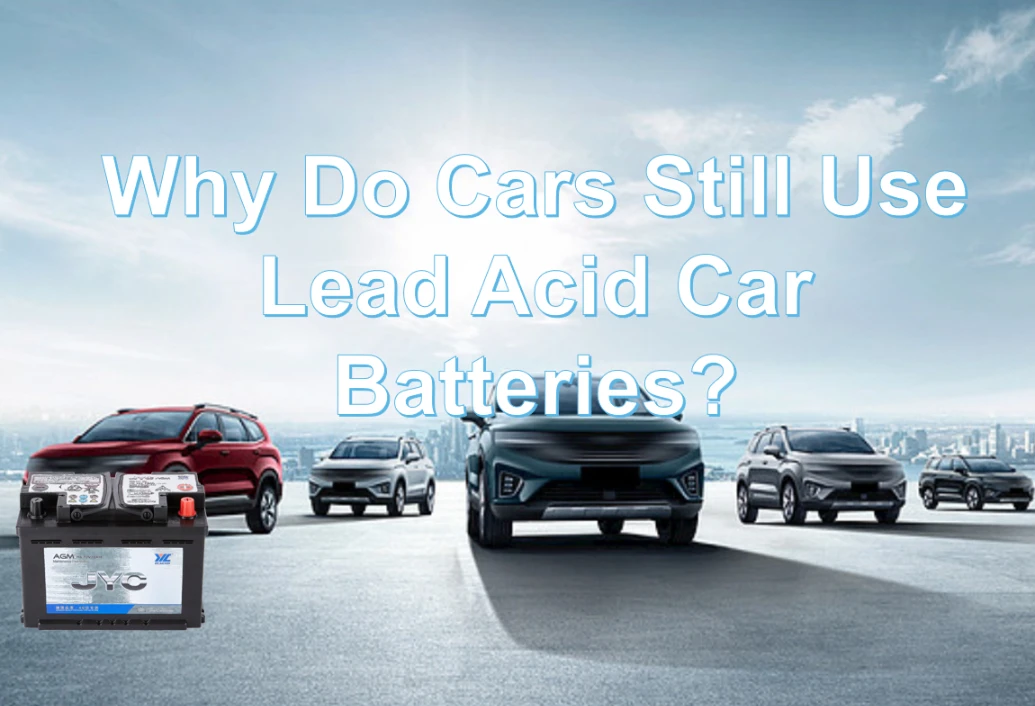
Despite the rapid advancement of modern technology and the increasing popularity of electric vehicles, lead acid car batteries continue to be widely used in many automobiles. This article from JYC Battery will explore the advantages and reasons behind the continued use of lead-acid batteries, explaining why automobile manufacturers still choose to utilize them.
Mature Technology and Cost-effectiveness:
Lead-acid batteries are one of the oldest and most mature rechargeable battery technologies. Over the years, they have undergone continuous improvement and optimization to enhance their performance and reliability. The production cost of lead-acid batteries is relatively low, making them more cost-effective in the automotive market. For most consumers, purchasing and replacing lead-acid batteries are relatively inexpensive, which is an attractive factor.
Reliability and Adaptability:
Lead-acid batteries perform well under various climate conditions. They possess high cranking power, providing sufficient starting current even in extreme temperatures. This characteristic makes lead-acid batteries an ideal choice for vehicles in cold and hot regions. Additionally, lead-acid batteries exhibit strong adaptability to charging and discharging, allowing for simple charging equipment to be used.
Energy Storage Capacity:
Lead-acid batteries have a higher energy density per unit volume and weight. This means they can store more energy in a relatively small space, providing vehicles with longer driving ranges. While newer battery technologies such as lithium-ion batteries offer higher energy densities, the balance of economics and performance in lead-acid batteries still gives them an advantage in specific applications.
Recyclability:
Lead-acid batteries are recyclable, meaning that the spent batteries can be collected and reused. Recycling the lead and other components of lead-acid batteries helps reduce the demand for raw materials and lowers the risk of environmental pollution. This makes lead-acid batteries a relatively environmentally friendly choice.
Market Adaptability and Infrastructure:
Lead-acid batteries are the standard battery type used in the traditional automotive industry. Many car manufacturers and service providers are equipped with charging and maintenance equipment specifically designed for lead-acid batteries. Additionally, global production and distribution networks for lead-acid batteries are already established. This existing market adaptability and infrastructure make automotive manufacturers more inclined to choose lead-acid batteries.
Conclusion:
Despite the continuous development of emerging battery technologies, lead-acid batteries continue to be widely used in automobiles. Their advantages in terms of cost-effectiveness, reliability, adaptability, energy storage capacity, and recyclability make them competitive in specific application scenarios. While we can anticipate more advanced battery technologies to gain wider application in future vehicles as technology advances, lead-acid batteries remain an important and viable choice in the current stage.



